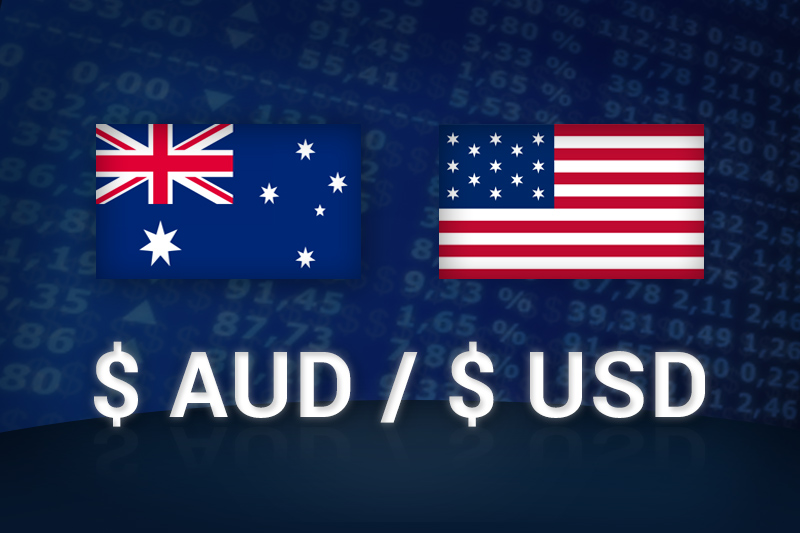Investing.com - The Australian dollar traded lower against its U.S. counterpart during Wednesday’s Asian session as traders eschewed riskier currencies due to escalating tensions in the Middle East.
In Asian trading Wednesday, AUD/USD fell 0.31% to 0.8957 after earlier trading as low as 0.8926. The pair was likely to find support at 0.8907, the low of August 6 and resistance at 0.9070, Monday's high.
U.S. Defense Secretary Chuck Hagel said earlier the military is ready to take action against Syria if called upon by the White House.
The U.S. insists the Syrian military has used chemical weapons during its internal conflict as have the U.K. and others, a charge Damascus has denied. On Monday, U.S. Secretary of State John Kerry said the world would hold Syria accountable for using chemical weapons.
Speculation that Western powers are mulling armed action against Syria has some market observers thinking the result could be significant regional conflict. OPEC member Iran, a close ally of Syria’s, has all but promised as much.
Also on Tuesday, John Edwards, a Reserve Bank of Australia board member said in an interview with the Wall Street Journal, the Aussie remains too strong. The Aussie is "still a bit too strong to help, to the extent it could, in the transition we need to make," he said in the interview.
With the yen’s recent bout of strength, the Aussie is now this year’s worst-performing G-10 currency. It’s flirtations with 89 come just months after it traded at a three-decade high against the greenback.
A weak Aussie is central to RBA’s plans to stimulate the world’s 12th-largest economy as the mining boom there slows this year.
Elsewhere, AUD/JPY fell 0.15% to 87.06 while AUD/NZD dropped 0.19% to 1.1506.
In Asian trading Wednesday, AUD/USD fell 0.31% to 0.8957 after earlier trading as low as 0.8926. The pair was likely to find support at 0.8907, the low of August 6 and resistance at 0.9070, Monday's high.
U.S. Defense Secretary Chuck Hagel said earlier the military is ready to take action against Syria if called upon by the White House.
The U.S. insists the Syrian military has used chemical weapons during its internal conflict as have the U.K. and others, a charge Damascus has denied. On Monday, U.S. Secretary of State John Kerry said the world would hold Syria accountable for using chemical weapons.
Speculation that Western powers are mulling armed action against Syria has some market observers thinking the result could be significant regional conflict. OPEC member Iran, a close ally of Syria’s, has all but promised as much.
Also on Tuesday, John Edwards, a Reserve Bank of Australia board member said in an interview with the Wall Street Journal, the Aussie remains too strong. The Aussie is "still a bit too strong to help, to the extent it could, in the transition we need to make," he said in the interview.
With the yen’s recent bout of strength, the Aussie is now this year’s worst-performing G-10 currency. It’s flirtations with 89 come just months after it traded at a three-decade high against the greenback.
A weak Aussie is central to RBA’s plans to stimulate the world’s 12th-largest economy as the mining boom there slows this year.
Elsewhere, AUD/JPY fell 0.15% to 87.06 while AUD/NZD dropped 0.19% to 1.1506.
